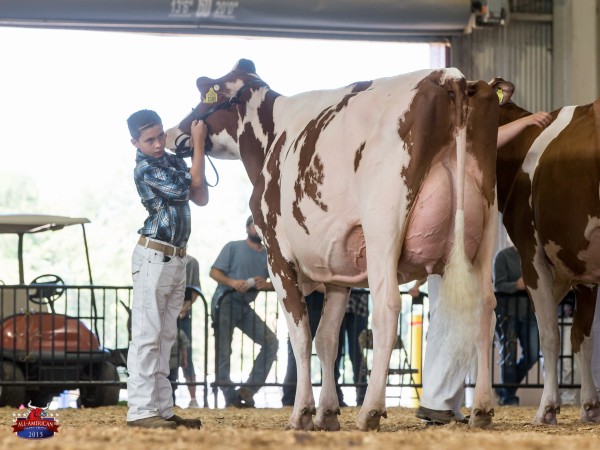



I was aware of gay folks, lesbians, and bisexuality, but they felt distant, almost fictional. When I was growing up, I believed I was straight and cis. I didn’t understand the importance of found family until my twenties, and I don’t think it’s a coincidence that I also didn’t explore the nuances of my own identity until I found the people who formed my found family. Cishet (Cisgender, meaning identifying as the gender they were born with, and heterosexual, meaning attracted to those of the opposite sex) parents can certainly be wonderful allies to their children, but queer found family can bring a whole other level of comfort and understanding to the table that can be crucial. I wanted to show that whether or not your immediate family has been able to support you, there is always a broader kind of value to what can be gained from found family, in particular the experience of navigating specific highs and lows of navigating this world as a queer person, complete with homophobia and transphobia, whether it’s soft disapproval or active violence.

In the story, Callie has this love and acceptance from their father, but Callie also finds it from a community of kids who share more common ground with them. So when it came to writing SIR CALLIE AND THE CHAMPIONS OF HELSTON, I knew that my main mission was to create a world that would’ve taken care of me when I was that age-a world where family isn’t just the people you are related to by blood or who raised you, but the people you choose and the people who choose you. "Family are the people who love you exactly as you are, regardless of blood or bond."Īs a young reader, I never got to see myself in the pages of the books I loved.


 0 kommentar(er)
0 kommentar(er)
